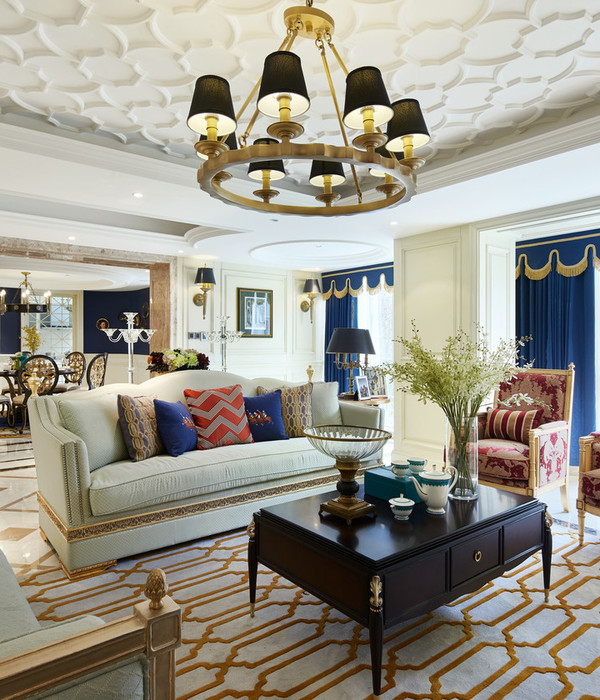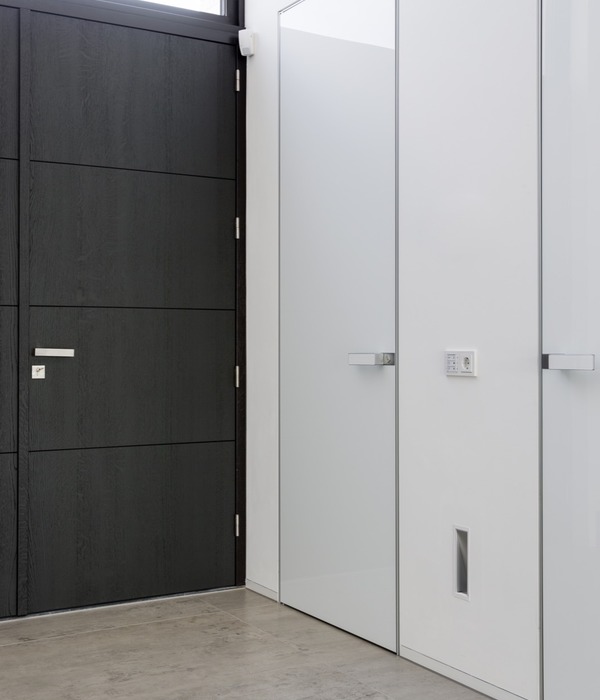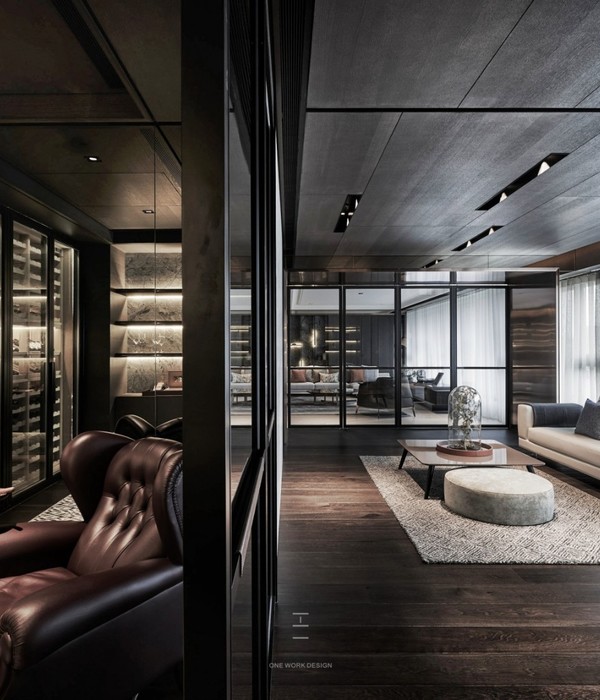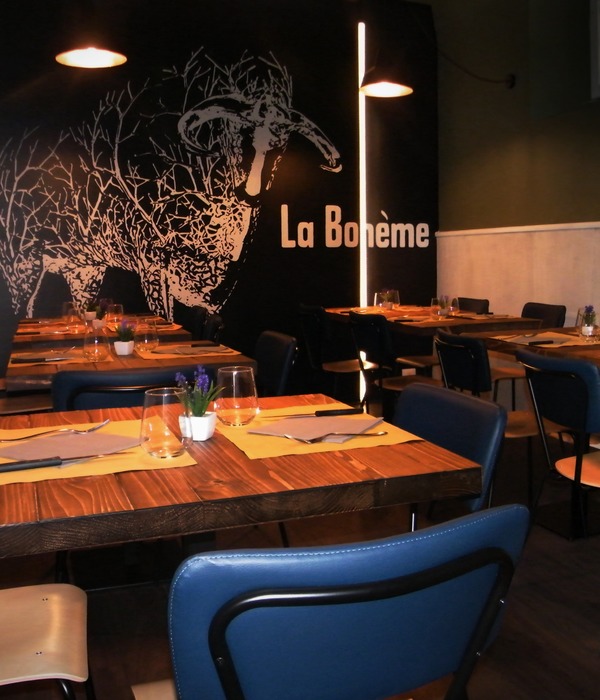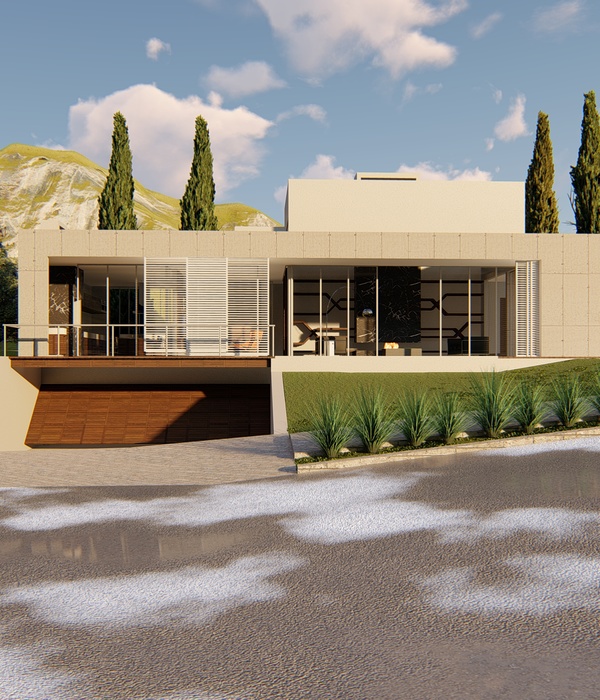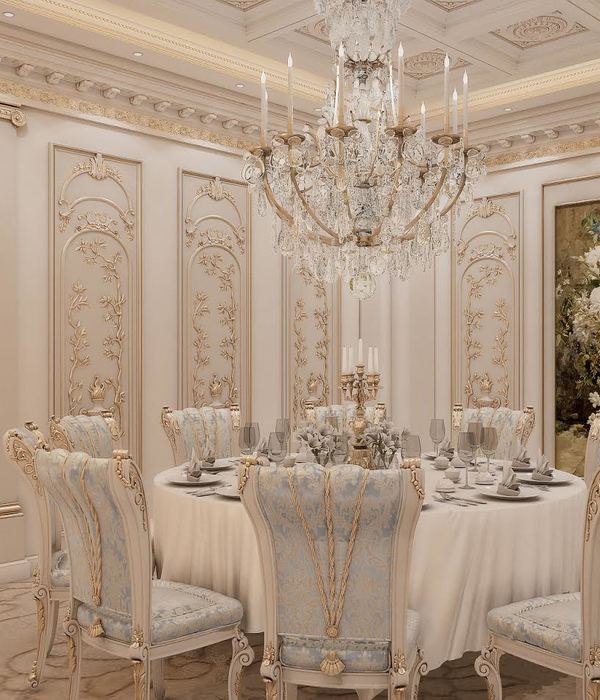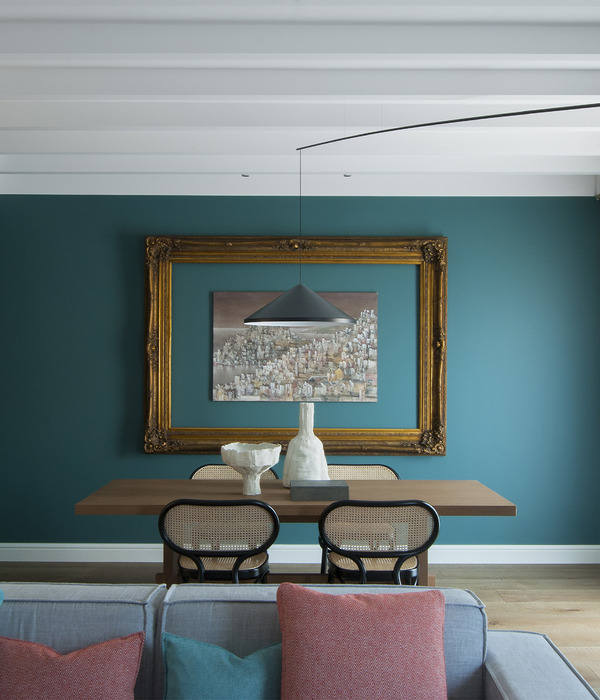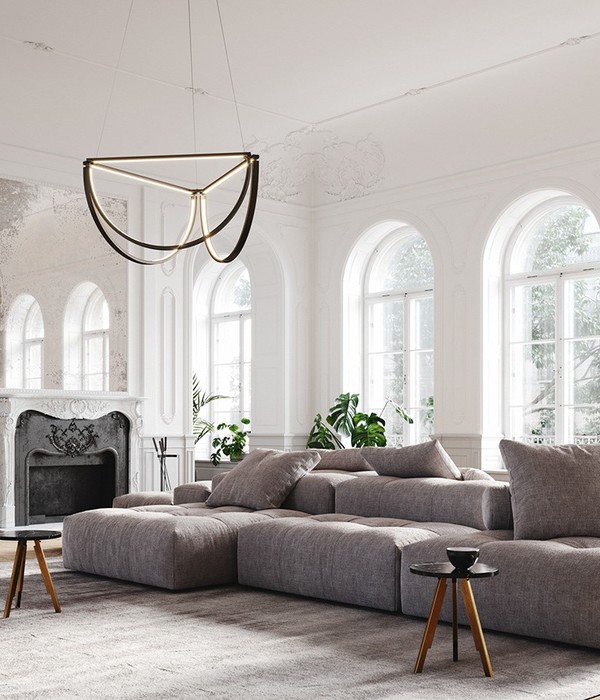Here is more information from the architect:
The client requested an open space that celebrate the view to the port and create privacy from the surrounding.
The design of the big steel and cedar façade will allow a great view to the port, the hill and the stormy southerly weather; the west windows and the skylights have been placed to gain most of the light without allowing visual and sound intrusion from the neighbour.
The building envelope needed to fit in the industrial port area responding to the heritage constraints of the city plan.
This led the design to keep the original shape of the building, reinterpreting the structure and cladding material.
The new structure should be well above the minimum requirements of the building code in order to withstand future earthquakes providing a feeling of safety to occupants.
For this we exposed the big steel structure and bracing elements, whilst the walls were built from a SIP lightweight material (structural insulated panel).
The steel structure of the building has been exposed and used to give a visual rhythm to interior, otherwise too dispersive space.
Remembrance of the existing house damaged in the earthquake should reflect the original use of the building as a warehouse.
The high ceiling and exposed old trusses is clearly referring to the previous function of the building reinterpreting the meaning of the original shape.
The house needed to accommodate a family of three allowing for catering of friends around an open kitchen and large dining environment.
The layout creates a feeling of openness towards the south façade, whilst creates a more sheltered and intimate area in the back of the building, encouraging visitors to direct their attention towards the living area. The volumes have been designed to create ‘hiding’ space and targeted views. Although the whole space is actually big and open, there are many areas where you can feel protected and sheltered.
A corner hidden living has been created as a private nook to allow the house to be lived in a variety of atmospheres.
Industrial port and surrounding pub noise will need to be addressed.
The glass façade has been built with acoustic double glazing, whilst openings to the rear of the building have been minimized.
The original house on the site was featuring a series of openings on the west elevation that allowed the sun to shy into the living area. This was required to be referenced to in the new design.
The west façade feature a series of windows in keeping with position of the original ones, although higher and with tilt and turn technology to allow for best ventilation.
The demolition of the house revealed the original trusses. These were rescued and safely stored by the client who was hoping to reuse them if possible.
The trusses became an important feature of the new build. Their strengthening was achieved with rusted metal plates and exposed bolts. They have been reused in the central part of the building, where the trusses are best view in the open space.
▼site plan 总平面
▼-1F
▼1F
▼1.5F 夹层平面
▼Elevation 立面
▼Elevation 立面
▼Section 剖面
▼Section 剖面
Photo ©
Mick Stephenson
English Text: Max Capocaccia Studio
MORE:
Max Capocaccia Studio
,更多请至:
{{item.text_origin}}


